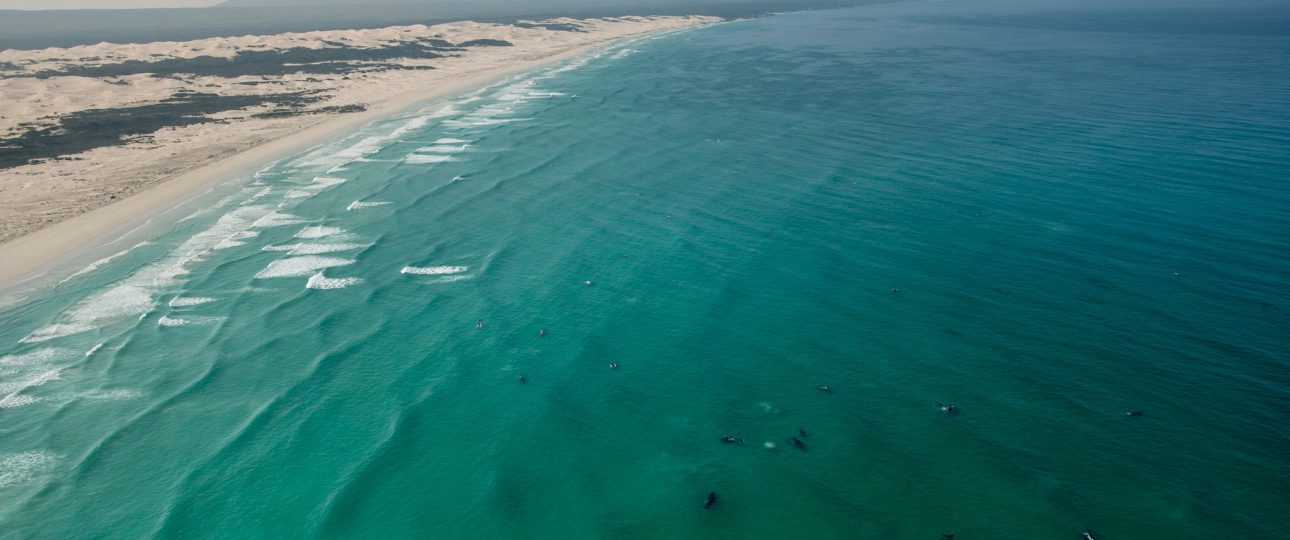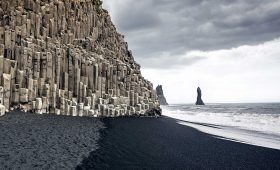Exploring De Hoop Nature Reserve
De Hoop Nature Reserve, located in South Africa’s Western Cape, is a sanctuary of natural beauty and biodiversity. Just a three-hour drive from Cape Town, this reserve in the Overberg region is a paradise for hikers, cyclists, bird watchers, and whale enthusiasts. The adjacent marine reserve, extending 5 kilometers into the sea, is one of Africa’s largest marine protected areas and a UNESCO World Heritage Site.
Natural Highlights of De Hoop
De Hoop is renowned for its diverse ecosystems and breathtaking landscapes. Here are some key attractions:
- De Hoop Vlei: This expansive freshwater lake is a haven for bird watchers, attracting a multitude of bird species.
- Potberg Mountains: These mountains offer panoramic views and excellent hiking trails, making them a must-visit for outdoor enthusiasts.
- Marine Protected Area: During whale season, you can spot southern right whales, dolphins, and seals.
- Fynbos Vegetation: Home to approximately 1,500 plant species, including 108 threatened species, this unique flora is endemic to the region.
- White Sand Beaches: Perfect for leisurely walks and soaking in the coastal scenery.
When to Visit
The best time to visit De Hoop depends on your interests:
- Spring (September to November): Witness the vibrant blooming of fynbos and the arrival of southern right whales.
- Summer (December to February): Enjoy warm weather, ideal for beach activities and wildlife viewing.
- Autumn (March to May): Milder temperatures and changing landscapes make for pleasant exploration.
- Winter (June to August): Experience the tranquility of the reserve with fewer visitors.
Getting to De Hoop Nature Reserve
Access to De Hoop is primarily by car, with the best route being from Swellendam. Be prepared for gravel roads, which can be challenging in wet conditions. Public transportation options are limited, so renting a car from Cape Town International Airport, approximately 250 kilometers away, is recommended.
Exploring the Reserve
Once at De Hoop, there are several ways to explore:
- Hiking: The Whale Trail is a renowned five-day hike offering coastal and mountain views. Book early, especially during whale season.
- Biking: The flat terrain and scenic routes make cycling a popular choice.
- Guided Game Drives: Spot diverse wildlife, including bontebok, ostriches, and elands.
- Boat Tours: Explore marine life through snorkeling or whale watching tours.
Accommodation and Facilities
While De Hoop offers a stunning natural environment, some facilities could use improvement. The overnight huts, though well-located and equipped with essentials like cooking pots, utensils, and gas stoves, suffer from maintenance issues. For instance, the Noetzie hut has a poorly repaired shower floor with loose tiles, and the Hamerkop hut has broken kitchen sink pipes, requiring guests to manually empty a bucket. Additionally, the huts could benefit from more thorough cleaning and fumigation, as guests often wake up with bug bites.
Environmental Concerns
Despite the reserve’s natural beauty, plastic pollution is a significant issue. A bin at the top of the Blow Holes, filled with plastic collected by walkers, has been neglected since April. The plastic has broken down into nurdles along the beaches, highlighting the need for regular clean-ups by Cape Nature and the lodges. While these organizations promote conservation, more proactive measures are necessary to address this environmental challenge.
Practical Tips
De Hoop lacks extensive facilities, so plan accordingly:
- Food: Bring your own supplies, as there are limited dining options. Nearby Swellendam offers grocery stores.
- Accommodation: The Opstal offers self-catering cottages and campsites. Book in advance and aim to arrive by 4 PM.
- Essentials: Pack warm clothing for cooler nights, binoculars for wildlife viewing, and a camera to capture the stunning landscapes.
De Hoop Nature Reserve offers a serene escape into nature, with its rich biodiversity and breathtaking scenery. While the reserve promises an unforgettable experience, addressing maintenance and environmental issues could enhance the overall visit.



